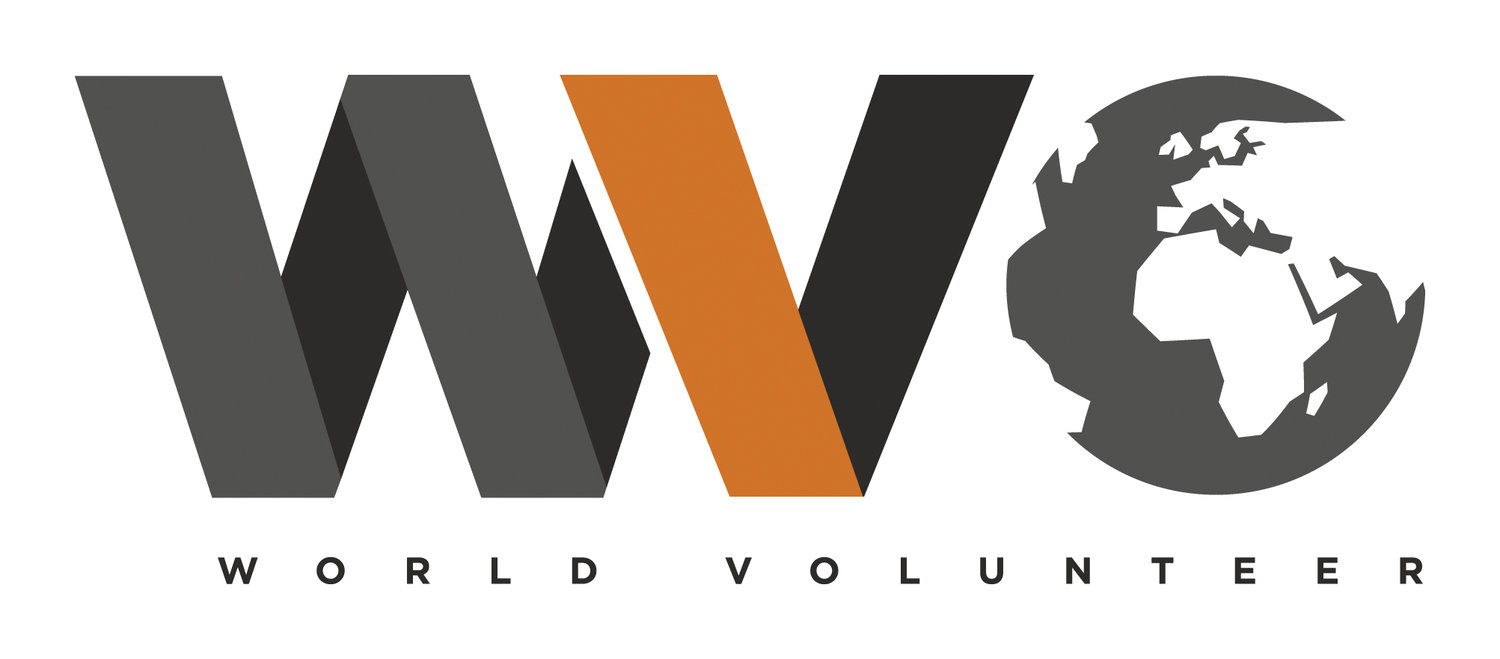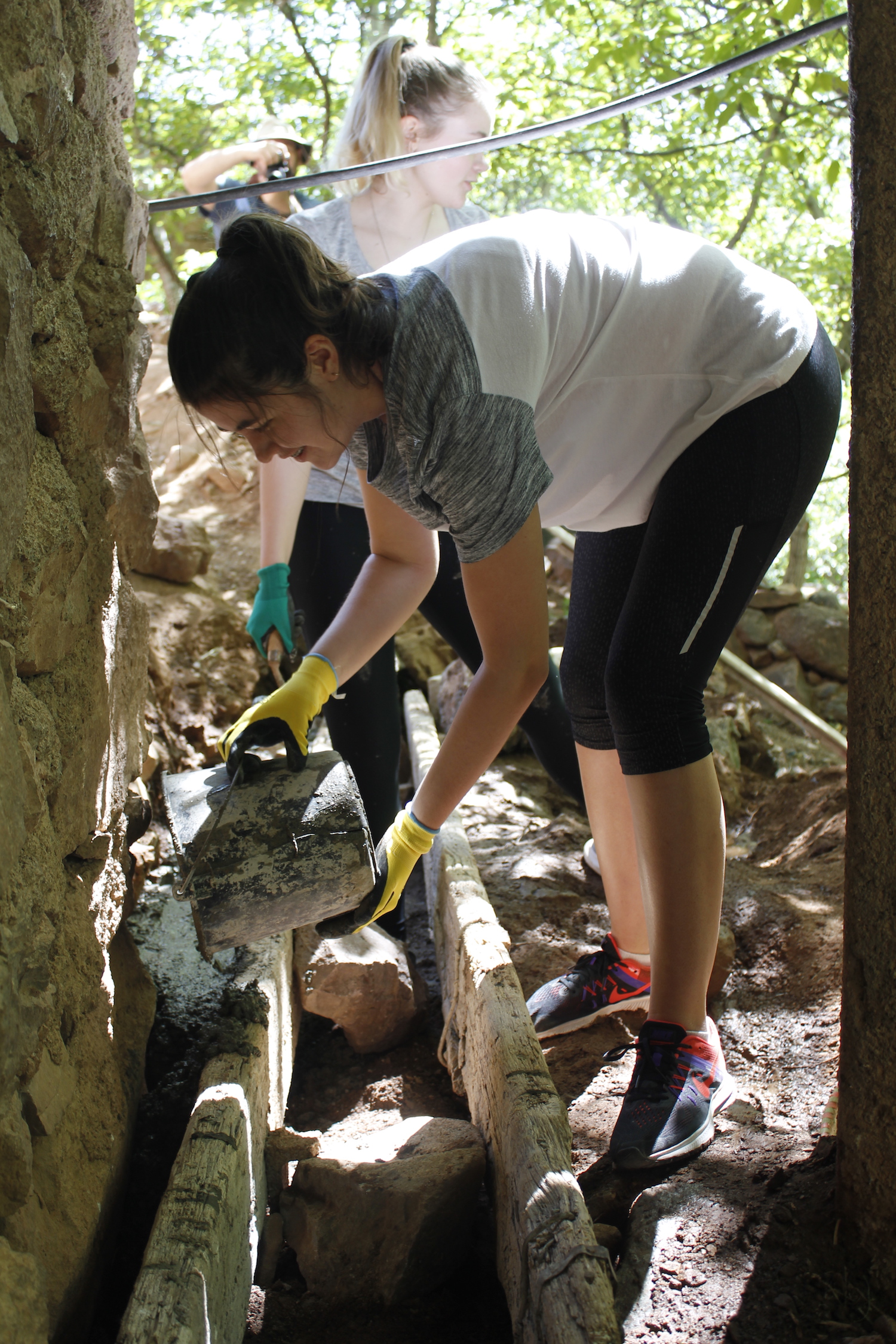Background
Scarce water, contaminated wells, and climate change-amplified droughts have destabilized traditional Amazigh (Berber) communities in southwestern Morocco. These water-related stresses have piled additional burdens onto already marginalized women in remote and arid villages along the Anti-Atlas Mountain range. Traditional water-management in this region has been predicated on careful and rationed human water use. For centuries, communities had to hand-dig wells and build ditches and cisterns to store and capture rare rainwater for their drinking and hygiene needs. Modern techniques for finding water using mechanical drills to access deep aquifers cause pollution, are expensive, and are unsustainable given the scale and high rate of extraction. Due to increasing cycles of drought and low aquifer recharge rates, access to drinking water is becoming even more limited.
While southwest Morocco has always been water-poor, abundant fog drapes the area’s coastal mountains six months of the year – with a total of 134 heavy fog-events annually. Harvesting this fog through a system of innovative “fog-catching” nets has proven to be a reliable, sustainable, and supplemental water resource that relieves pressure on aquifers and wells. At the same time, this newly “found” water also promotes prosperity for local communities.
Through World Volunteer’s program, in partnership with the Moroccan NGO, Dar Si Hmad for Development, Education and Culture (DSH), participating students will experience first-hand the transformative potential of fog-harvesting. Dar Si Hmad’s fog harvesting system at Mt. Boutmezguida now includes 1700 square meters of netting, making it the world’s largest fog collection program. With international recognition from the UN in 2016, the Suez Prize in 2018, the Moroccan Ministry of Environment, and the Ministry of Solidarity, this project is a living example of how technical innovation can help communities – while helping to preserve traditional culture in a rapidly changing world.
Project
Fog collection is an ancient, non-invasive and ecologically friendly technique for water collection in fog-rich regions – even those in arid and semi-arid areas. Historically, fog and dew have been collected off plants and rocks throughout fog microclimates globally. The most compelling technique is used in the Canary Islands, where fog-water has been collected for centuries from a massive dragon tree, and was the only source of drinking water on the islands until the Spanish arrival in the late 15th century.
In Morocco, the anticyclone of the Azores and the cold current of the Canary Islands create evaporation and pressure, resulting in stratocumulus clouds – clouds whose lower half tends towards the earth – and whose particles are full of water. The wind pushes the clouds towards the Anti-Atlas Mountains, and it is in this natural barrier where Dar Si Hmad installed its fog collection units, dubbed the CloudFishers© and designed by the German non-profit organization Wasserstiftung.
This system holds tremendous potential for harvesting fog in significant amounts, and this technique is very economical for mountainous areas that are often both water-poor and economically disadvantaged.
Impact
The communities of the Aït Baamrane region, like many other geographically similar areas, experience anxiety from water scarcity and the increasing recurrence of droughts. Rural poor families in this region live in ecologically fragile zones where the impacts of climate change manifest through the continued rise in temperature, increasingly erratic seasonal weather, and topsoil erosion. Social and ecological vulnerabilities meet in this region and create added stressors on its residents.
Women are particularly affected by this burden: until the fog-catching system was operational, they devoted 3.5 hours daily to the chore of fetching water, and even more during the dry season when the water-tables are low. In addition to providing for their families’ needs, water was also necessary for their livestock in these traditionally pastoralist communities. When faced with extreme conditions of water scarcity, many households have chosen to sell their livestock and migrate to cities. Cultural heritage and ancient knowledge such as pruning or other agricultural practices are no longer transmitted to new generations. A loss of water resources also leads to a loss of cultural resources.
Location
Marrakech, Morocco













